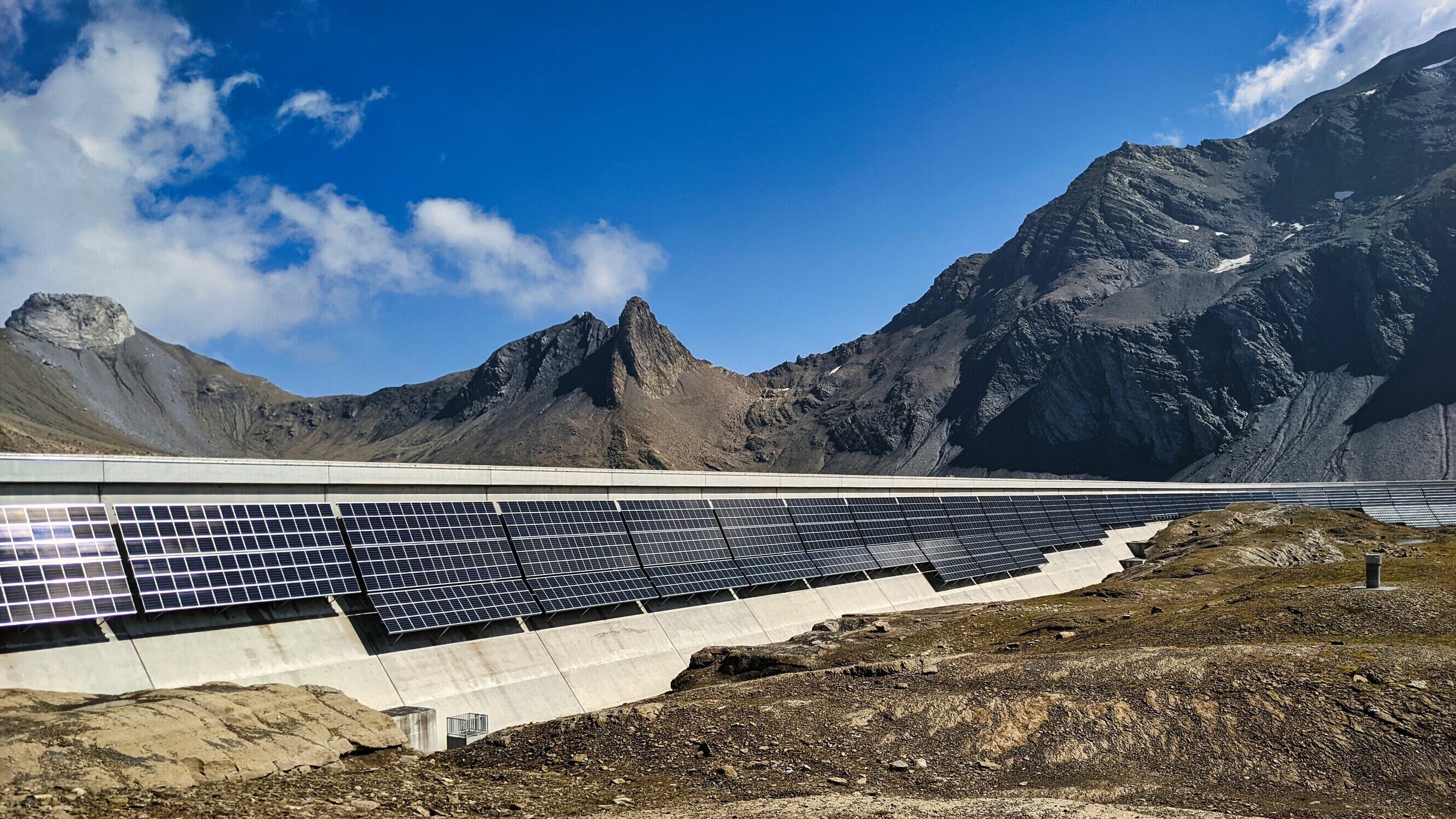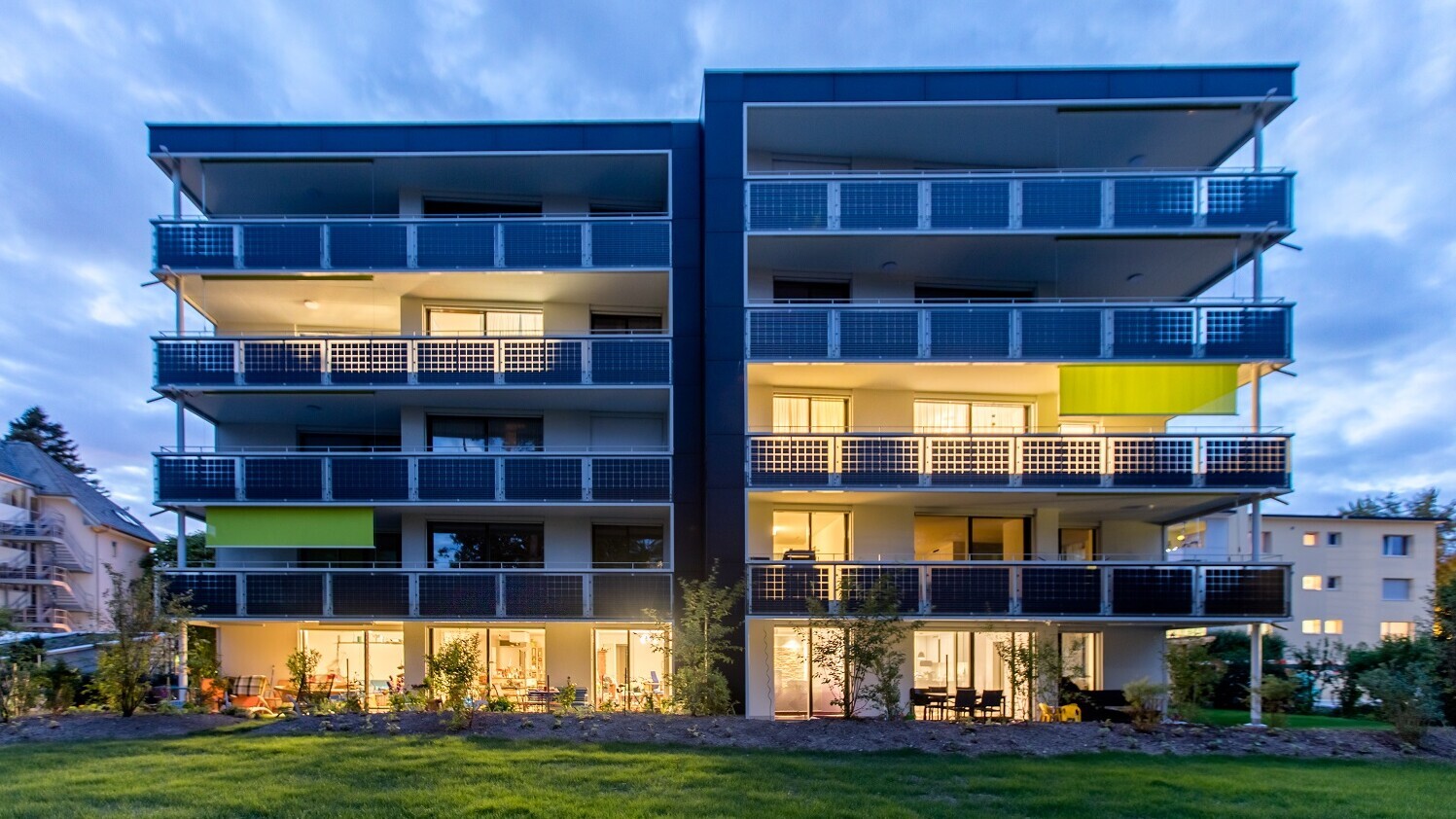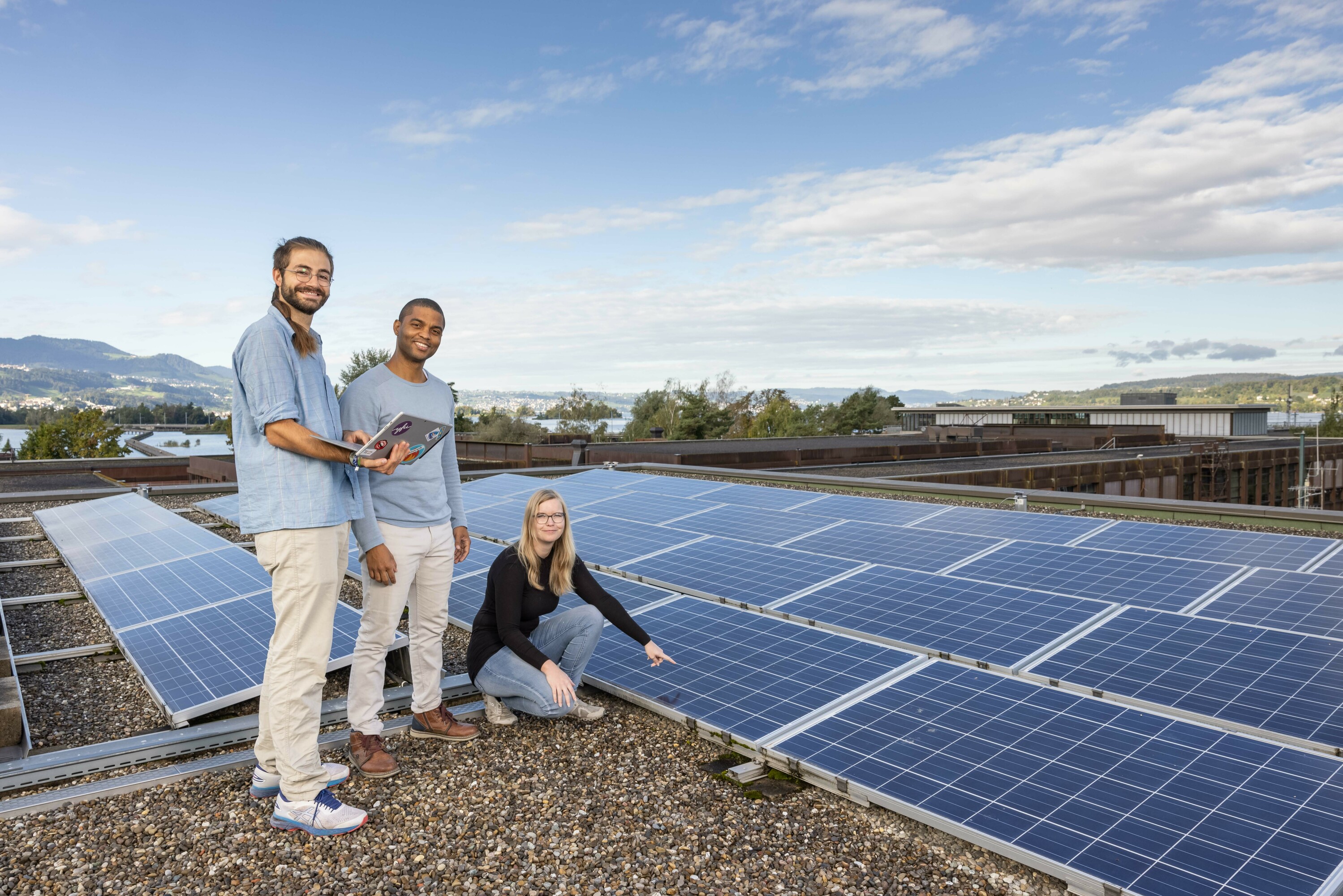Bachelor’s Program in Renewable Energy and Environmental Engineering
Actively shape a sustainable future: With a Bachelor’s degree in Energy and Environmental Engineering, you’ll combine innovative technology with climate protection and excellent career prospects.
In the Renewable Energy and Environmental Engineering program, you’ll combine scientific fundamentals and engineering skills with an understanding of the importance of natural resources for the economy and society. You’ll learn to develop sustainable solutions, opening up exciting career opportunities in a growing sector.
Program at a Glance
Degree
Bachelor of Science in Energy and Environmental Engineering
Program Start
Each September during week 38
Duration of Studies
6 semesters full-time
8 semesters PiBS/part-time
Tuition
CHF 1,000 per semester
Campus
Rapperswil-Jona campus
Registration Deadline
April 30 of the current year. Applications are still accepted as long as study places are available.
Good to Know
Since the courses are taught in German, we kindly refer you to the German pages for more detailed information.
Advantages of a Bachelor in Renewable Energy and Environmental Engineering and at OST
- Innovative Technology for a Sustainable Future: Develop solutions for the greatest challenges of our time and actively contribute to shaping a better future through meaningful work.
- Excellent Career Prospects: The field of renewable energy and environmental engineering is rapidly growing in importance and will continue to expand in the coming years. Graduates enjoy outstanding job opportunities, whether as project managers in large international companies, start-up founders, or consultants beyond traditional engineering roles.
- Comprehensive Energy and Environmental Engineering: Customize your studies with flexible modules to match your interests. Focus on areas like energy technology, energy storage, water treatment, or circular economy, or develop into a versatile generalist.
- Interdisciplinary Education: Tackling current challenges requires interdisciplinary solutions. While technically focused, the program incorporates guest lectures and interdisciplinary projects to broaden your perspective, including societal and economic viewpoints.
- Renowned Institutes: The OST’s Renewable Energy and Environmental Engineering department includes four leading research institutes. Students benefit from exciting opportunities for practical projects, their Bachelor’s thesis, or employment at the forefront of research
Specializations
The Energy and Environmental Engineering program offers a wide range of exciting specialization modules, allowing you to tailor your studies to your interests. Alternatively, you can specialize by combining modules from one of the thematic focus areas.
Electrical Energy Technology

The specialization covers all key aspects of electrical energy technology, from energy generation using conventional and renewable sources to transformation, power electronics, and electromechanical energy conversion, as well as distribution through electrical grids and their components.
Hydrogen Technology

All industrial sectors are exploring the integration of renewable hydrogen (H2) to make processes and systems more environmentally friendly, efficient, and sustainable. Key areas of focus include electrolyzers, power-to-X technologies, fuel cells, and the use of low-carbon or sustainable raw materials and energy carriers.
Circular Economy

The circular economy aims to minimize society’s resource consumption. Through various modules, industry-partnered projects, and internships, you’ll gain both methodological knowledge and practical experience in circular economy practices.
Building Technology

Buildings hold significant potential for achieving the 2050+ energy goals. This specialization focuses on technologies and planning for energy use, storage, and generation in buildings and districts. Through practical applications, you will learn planning procedures and performance assessments for building envelopes and building technology systems.
Sustainability Management

In this specialization, you’ll enhance the technical aspects of your studies with conceptual and methodological depth in areas such as life cycle assessments, circular economy, energy and resource management, environmental footprints (e.g., CO2), the integration of ecology and economy, as well as sustainability goals and strategies.
Solar Technology

Solar energy provides both heat through solar thermal systems and electricity via photovoltaics. The «Solar Technology» specialization equips you with the planning and technical expertise required to implement modern solar energy systems effectively.
Water Technology

In this specialization, you’ll learn chemical and physical principles, understand measurement and control systems, conduct experiments, and set up systems. With expertise in filtration, adsorption, membrane technology, and disinfection, you’ll be able to design process combinations and optimize system performance.

